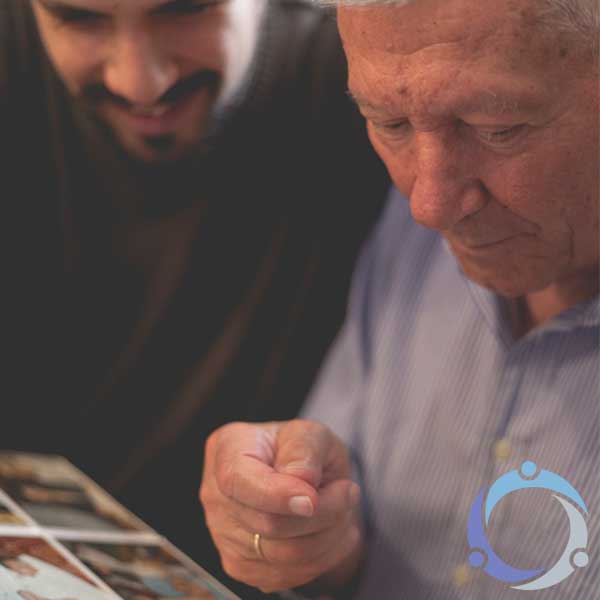
Contributed by Haley Burress
Divorce can affect adults and children of all ages. While you might think of the challenges that happen when divorced parents split assets and childcare duties, the ramifications of divorce can echo well into the senior years. As your parents age, you might find yourself dealing with some unexpected situations, some of which can have direct implications on their health when it comes to their marriage. Let’s take some time to break down a few ins and outs of aging divorced parents so that you can better navigate everything from relationships to caregiving.
Time of divorce
Timing is everything and when dealing with aging divorced parents. If your parents got divorced decades ago, you might find yourself reliving some of those familiar mixed emotions as your divorced parents age. You might find yourself feeling unsure of your role in the family, navigating blended family relationships and expectations.
You may also find yourself dealing with divorced parents as an adult. While your parents were happily married throughout your childhood, they may divorce when they are well into their aging years. In fact, older adults make up over 20% of all divorces. You may find yourself blindsided by the divorce and emotionally unequipped to handle it.
Sorting through the emotions
Whether your parents divorced when you were 5 or 55, everyone will be feeling differently as mom or dad ages. In order to keep yourself emotionally healthy, consider seeing a counselor to sort out your feelings. Encourage your parents to see a counselor or join a support group, as well. As mom and dad start to age and health problems arise, it is easier to deal with the challenges if everyone isn’t carrying around years of emotional distress.
Divide and conquer
If you have siblings, work together to handle each parent’s health care needs. Split the responsibilities and legal documents (Power of Attorney, etc.) among your siblings. This way, no one feels overwhelmed, and mom and dad get personalized attention. Be open and honest with your decisions, and don’t forget to include any step-family in any discussions that you see fit.
Step together
Blended families come with their own unique challenges and benefits. Depending on what relationship you currently have with your step-family, be sure that everyone is on the same page when it comes to the care of your mom or dad. While you might feel the urge to make all the decisions yourself, don’t leave out step-family members. Often, they love your mom or dad as well and want to help out. You can reduce your chance of caregiver burnout if you let your step-siblings join you in your caregiving tasks.
Put aside conflicts and put mom first
Not all families, blended or not, are perfect. Healthcare crises are often the first things to send a relatively happy family into a tailspin of conflict. However, if you maintain a family policy to keep the lines of communication open, and to put mom or dad first, you run a better chance of making it through the senior years in one piece. If you are having problems communicating with your family, consider having a trusted friend or professional mediate. It is worth it to have everyone headed in the same direction when it comes to the care of your parent.

